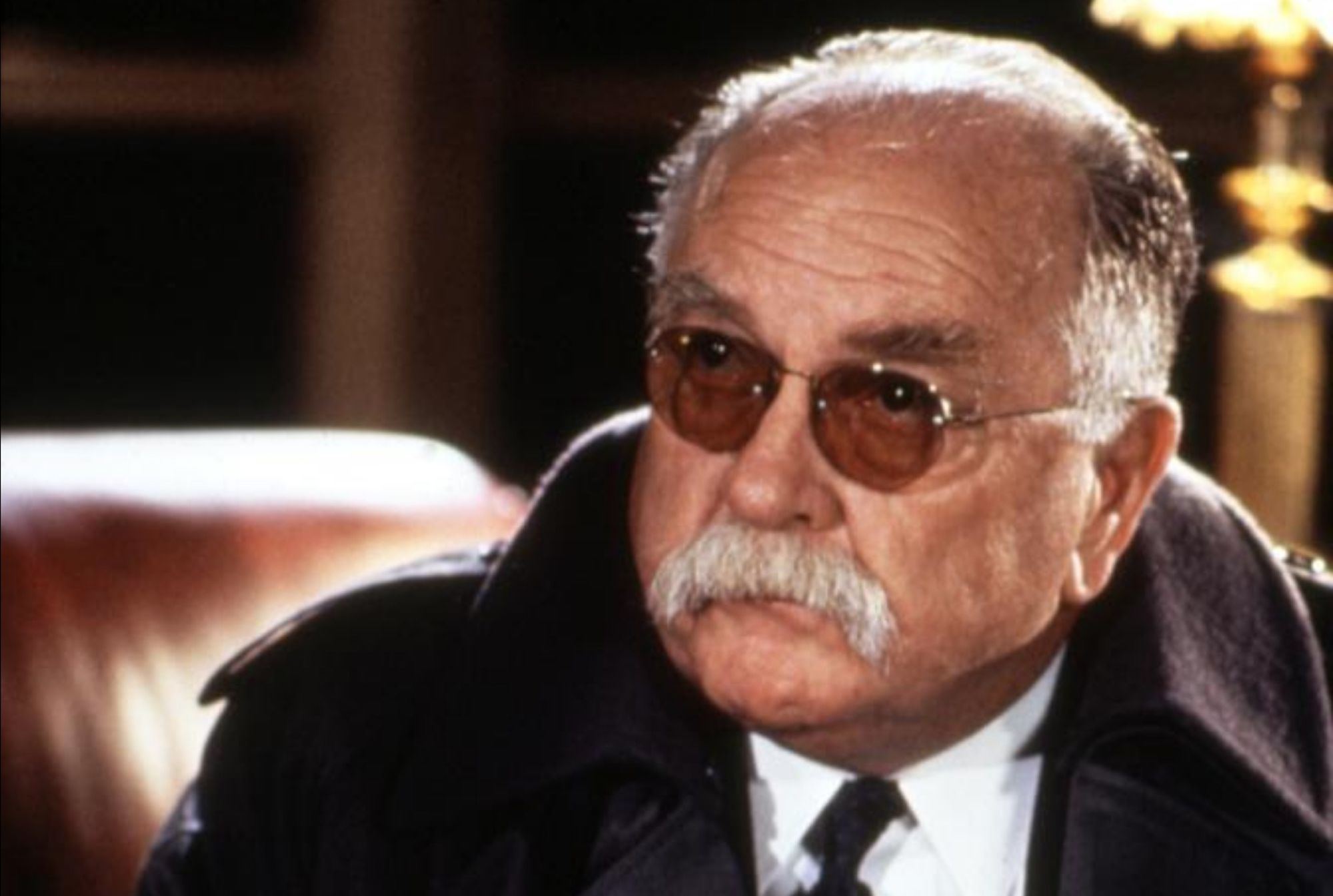I find it painfully ironic that the more fatal a disease is to the human body, the higher the valuation of the industry responsible for manufacturing and testing treatments to prevent said disease. According to recent statistics released by the American Cancer Society, in 2018, there will be “approximately 22,240 new cases of ovarian cancer diagnosed and 12,070 ovarian cancer deaths in the US,” despite the disease only accounting for 2.5% of all female cancer cases.
Over time, cancer mortality has become the, in most high-income countries, one of the leading causes of death. Several years ago, the global market for cancer treatments hit $100 billion in annual sales, and at the time, analysts were projecting the industry to hit $150 billion by 2018, according to a report by the IMS Institute for Healthcare Informatics. Some have gone as far as to call the cancer industry the most prosperous business in the United States. It is interesting that after decades of cancer research, and billions upon billions of dollars spent on developing new methods of treatment, there are only three FDA-approved treatments for cancer; surgery, radiation therapy, and chemotherapy.
One medical expert, Dr. Thomas N. Seyfried, Ph.D. posits that “no real progress has been made in the management of advanced or metazoic cancer for more than 40 years” because companies and corporations invested in the cancer industry will cease to have a revenue source if the disease is cured. If a cure for cancer were released, and millions of people received treatment, companies who manufacture devices and technologies used for chemotherapy and other conventional cancer treatments would be in trouble.
In recent news regarding the matter, GlaxoSmithKline (GSK), the British pharmaceutical giant announced that the company had reached an agreement to purchase Tesaro (TSRO), a US-based cancer treatment company for $75 per share, or roughly $5.1 billion, according to CNBC. Tesaro (TSRO), based out of Waltham, Massachusetts, is a best known for Zejula, an FDA-approved treatment option for ovarian cancer, which is currently used in both the US and Europe for the treatment of adult patients with ovarian cancer, according to MarketWatch.
“The acquisition of Tesaro will strengthen our pharmaceuticals business by accelerating the build of our oncology pipeline and commercial footprint, along with providing access to new scientific capabilities.”
–Emma Walmsley, Chief Executive Officer, GlaxoSmithKline
Analysts in the biopharmaceutical space have lauded the Tesaro (TSRO) buyout, given that the company’s most purchased drug, Zejula, is not doing as well as investors would have hoped. In fact, after researching several issues endured by Tesaro (TSRO) over the course of the last fiscal year, I question GlaxoSmithKline’s (GSK) judgment in securing this acquisition. For starters, Tesaro (TSRO) isn’t the only company producing treatments that inhibit PARP proteins that can repair damaged cancer cells. Other big name brands like AstraZeneca’s Lynparza have demonstrated success as a PARP-inhibitor as well, resulting in a hyper-competitive market solely based on price per unit, not the quality of the product.
The name of the game in the cancer treatment industry is immuno-oncology or I-O. I-O is a new realm of cancer research where leading experts and medical professionals are looking to create treatment options that help the body’s own immune system to fight cancer. Think of your immune system as the main line of defense when you contract a disease. After first finding a foreign substance (germs, viruses, cancer cells) the immune system responds by trying to destroy the foreign cells. More and more companies are investing in this new industry that is projected to cross $100 billion by 2022.
Tesaro’s (TSRO) CEO Lonnie Moulder, shared her thoughts on how she believes the GSK (GSK) deal will help further treatment options for individuals suffering from cancer:
“This transaction marks the beginning of a new global partnership that will accelerate our oncology business and allow our mission of delivering transformative products to individuals living with cancer to endure. Our board and Management team are very please to announce this transaction, and we are grateful to the management team at GSK for their tremendous vision and the opportunity to preserve and build upon the impact we have had in the cancer community to date”
–Lonnie Moulder, Chief Executive Officer, Tesaro




